-
General Health
-
Women's Health
-
Men's Health
-
Skincare
-
hubPass
-
General Health
-
Women's Health
-
Men's Health
-
Skincare
-
hubPass
Your skin is one-of-a-kind, your skincare should be too.
*If eligible, a consult with a clinician will be required. Eligibility does not guarantee treatment. Treatment is at the discretion of the clinician. No Medicare rebate available for consultations

Answer some quick pre-screening questions to determine your eligibility for treatment.

Choose a time and day that suits you. Australian-based clinicians are available 7 days a week.
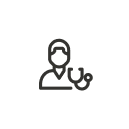
Have a phone consultation to explore treatment options and get expert advice.

Elect to have products and medications prescribed by your clinician packed discreetly and delivered to your home or work.
Speak to an Australian-based clinician to get support for…
stigma-free and personalised ways to support your health journey
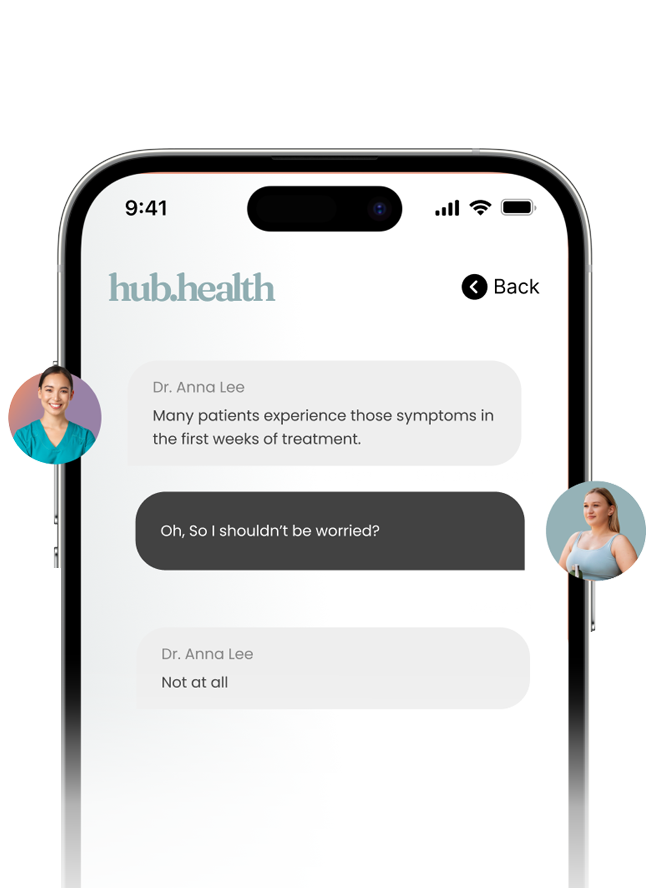
Our clinical team is available to support you 8am – 8pm AEST, 365 days a year (including public holidays).
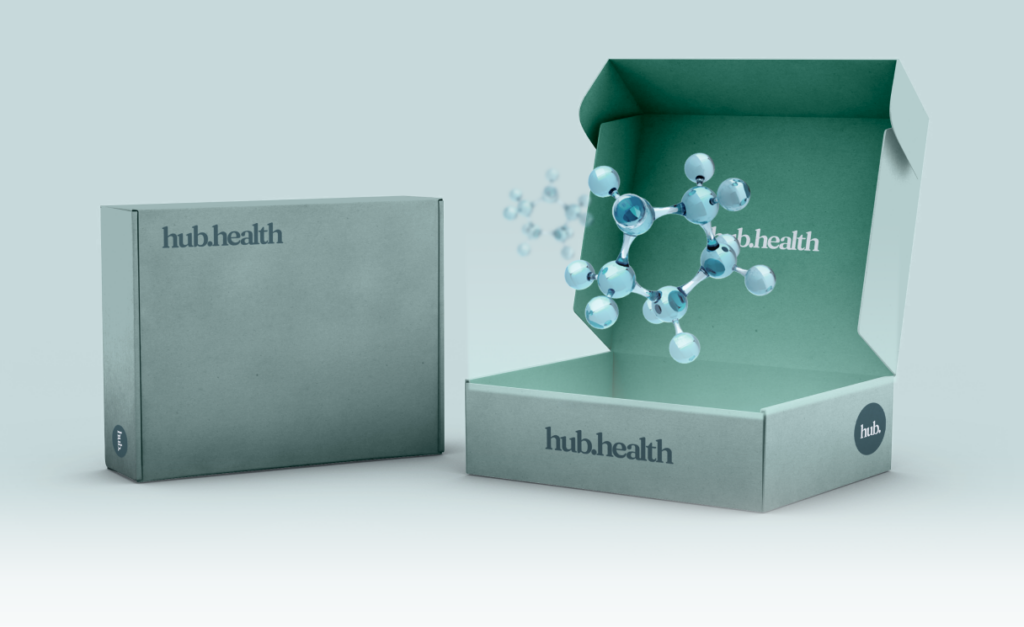
The latest rosacea treatment options available.
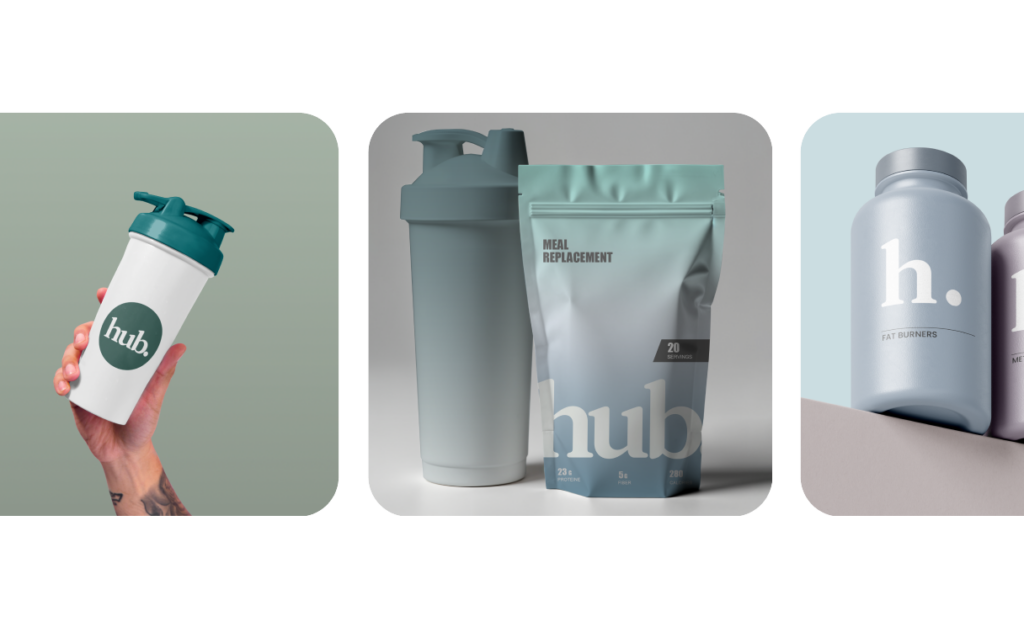
Clinically-approved supplements and a full range of pharmacy products to support your wellbeing.

Elect to have products and medications prescribed by your clinician packed discreetly and delivered to your home or work.
Get the confidence and support from a program designed for you.
Excellent service and great advice.
Would definitely recommend to my friends and family.
First time using this service and my experience was amazing. So simple and stress free. I will definitely be recommending Hub Health to family & Friends.
Effective, Efficient and Prompt!
Cannot fault at all!

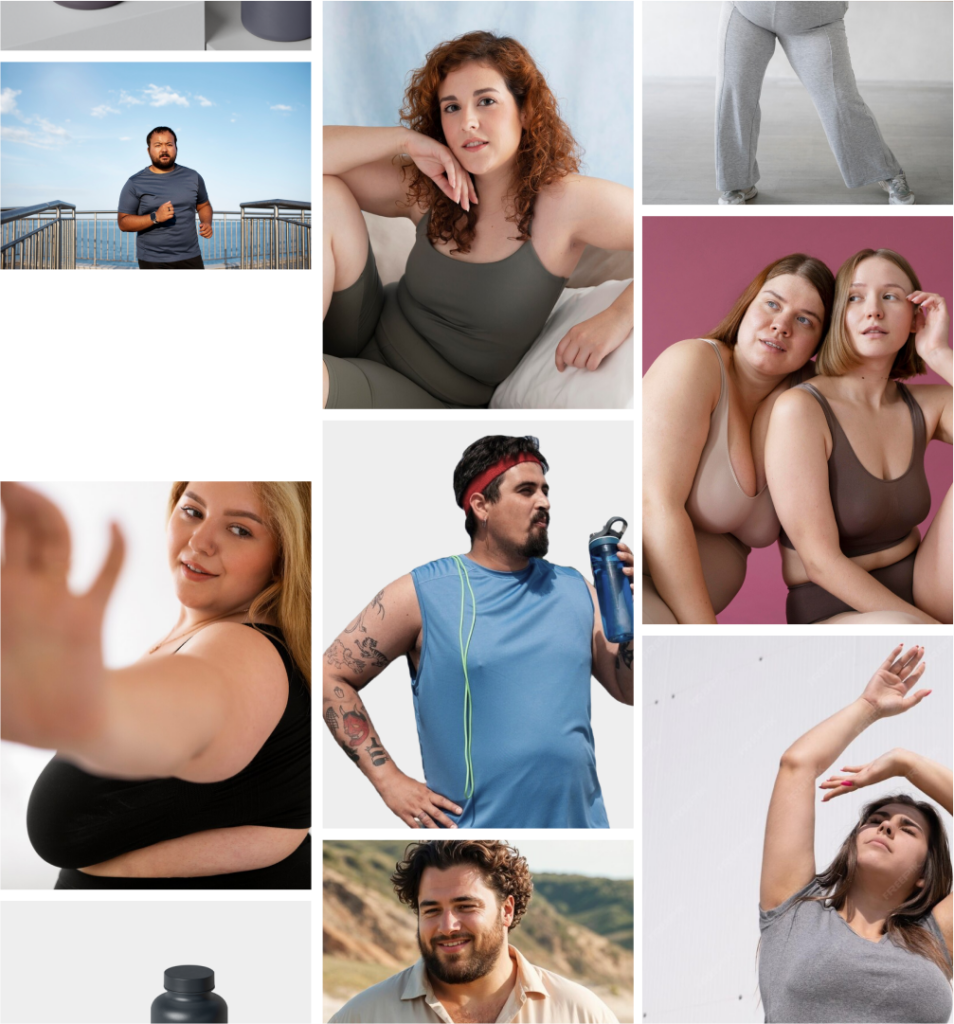





Get the confidence and support from a program designed for you.
Women’s health
Men’s health
General health
Skincare
Brenda – 35
from $26.00 for 3 months
Dianne – 35
from $34.00 for 1 month
Eleanor
from $23.00 for 4 months
Estelle
from $23.00 for 3 months
Evelyn
from $23.00 for 4 months
Femme 100/20
from $23.00 for 4 months
Femme 150/30
from $23.00 for 4 months
Lenest 20ED (3)
from $23.00 for 3 months
Lenest 30ED (4)
from $20.00 for 3 months
Levlen
from $26.00 for 4 months
Loette
from $40.00 for 3 months
Logynon (b)
from $28.00 for 3 months
Madeline 150/30
from $18.00 for 1 month
Marvelon
from $18.00 for 1 month
Microgynon 20/100
from $55.00 for 3 months
Microgynon 30
from $35.00 for 4 months
Microgynon 50
from $23.00 for 4 months
Microlut
from $23.00 for 4 months
Micronelle 100/20
from $20.00 for 3 months
Micronelle 150/30
from $20.00 for 4 months
Monofeme
from $20.00 for 4 months
Nordette
from $30.00 for 4 months
Noriday 350mcg 4×28 Tab
from $23.00 for 4 months
Norimin
from $25.00 for 4 months
Petibelle
from $87.00 for 3 months
Primolut N
from $30.00 for 1 month
Qlaira
from $88.00 for 3 months
Seasonique
from $70.00 for 3 months
Slinda
from $79.00 for 3 months
Trifeme (a)
from $23.00 for 4 months
Triphasil 28 4×28 Tab
from $35.00 for 4 months
Triquilar (b)
from $33.00 for 4 months
Valette
from $84.00 for 3 months
Yasmin
from $80.00 for 3 months
Yaz
from $80.00 for 3 months
Zoeley
from $80.00 for 3 months